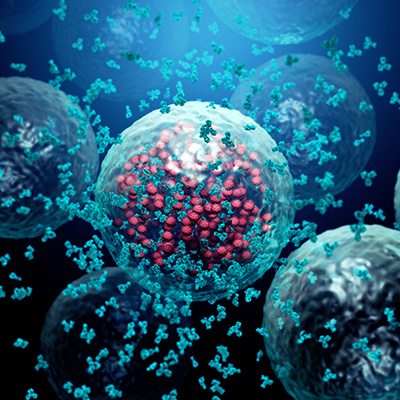November 1, 2022 -- Johns Hopkins Medicine researchers found that channel proteins called TRPM7 are potential therapeutic targets for breathing disorders including sleep apnea in obese people. The study, published October 10 in the Journal of Physiology, revealed that the genetic knockdown of TRPM7 improved respiration in obese mice with sleep-disordered breathing.
Sleep-disordered breathing that stops and starts throughout sleep affects nearly half of obese Americans. Untreated, it can worsen heart disease and diabetes and cause fatigue, or even death, from poor oxygenation. Weight loss and continuous positive airway pressure devices (CPAP) help, but CPAP is poorly tolerated by patients.
Knowing that TRPM7 contributes to sleep apnea, the researchers investigated blocking that channel as an alternative treatment. Using silencing RNA, the researchers knocked out the TRPM7 production gene in the carotid bodies of obese mice, then observed their breathing patterns and blood oxygen levels during sleep.
Obese mice with blocked TRPM7 showed a 14% increase in the amount of air inhaled and exhaled per minute -- from 0.73 to 0.83 milliliters. The improved ventilation in these mice during sleep effectively combated their sleep apnea.
However, despite these additional inhalations, their blood oxygen levels did not increase under low-oxygen conditions. Hence, TRPM7-reducing treatments might be ineffective for lung disease patients with already-limited blood oxygen saturation, or for those living in high altitudes.
The team also found that the hormone leptin -- which is produced in fat cells and curbs appetite -- may cause increased TRPM7 channels, which in turn may lead to low respiration rates in obese mice.
"Carotid body TRPM7 is a promising therapeutic target not only for hypertension in obesity, but also for abnormal breathing during sleep associated with obesity," Johns Hopkins Medicine professor and co-author Dr. Vsevolod Polotsky, PhD, said in a statement.
Copyright © 2022 scienceboard.net










